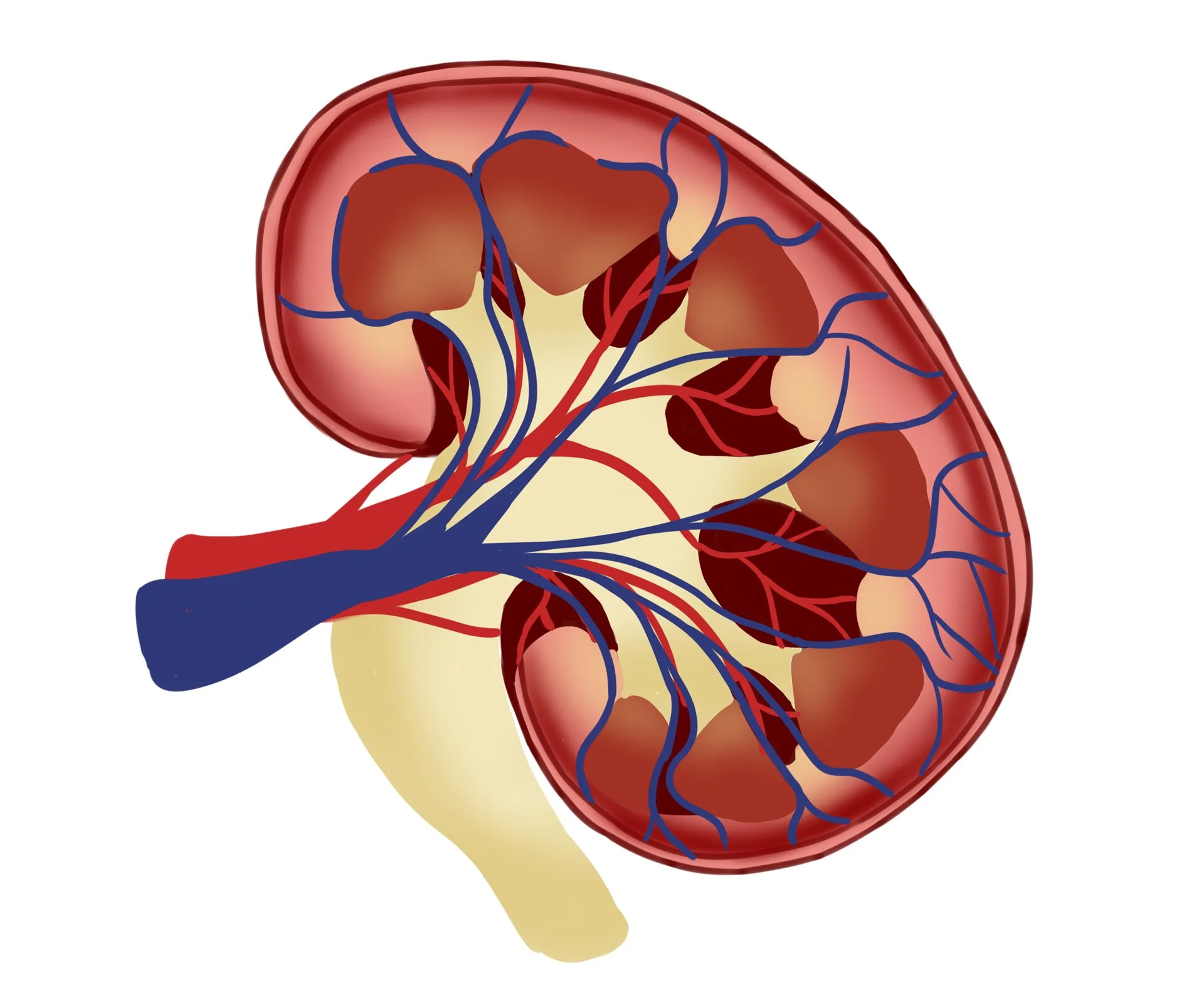Landmark Study Reveals Best Surgical Approach for Pediatric Kidney Stones
A groundbreaking study, the Pediatric KIDney Stone (PKIDS) trial, has unveiled significant insights into the most effective surgical treatments for kidney stones in children and adolescents. Conducted by researchers at Children’s Hospital of Philadelphia (CHOP) in collaboration with various academic institutions, this comprehensive research represents the largest comparative effectiveness study in its field.
Understanding the PKIDS Trial
The PKIDS trial aimed to determine the optimal surgical intervention for managing kidney stones in young patients. By comparing different surgical techniques, the study sought to provide evidence-based guidance for clinicians and improve patient outcomes.
Key Objectives of the Study
- Evaluating the effectiveness of various surgical approaches.
- Identifying factors influencing treatment success.
- Establishing best practices for pediatric kidney stone management.
Significance of the Findings
The results of the PKIDS trial hold immense importance for the pediatric urology community. The data generated will empower healthcare professionals to make informed decisions, tailoring treatment plans to individual patient needs and ultimately enhancing the quality of care provided.
Impact on Clinical Practice
- Improved surgical outcomes for children with kidney stones.
- Reduced complications and recovery times.
- Enhanced patient satisfaction.
Future Directions
Building upon the PKIDS trial, future research endeavors will focus on further refining surgical techniques, exploring non-surgical management options, and developing preventive strategies to minimize the occurrence of kidney stones in children and adolescents. The collaborative efforts of researchers and clinicians will pave the way for advancements in pediatric urological care.
Final Overview
The PKIDS trial represents a significant milestone in the management of pediatric kidney stones. By providing robust evidence on the effectiveness of different surgical interventions, this study has the potential to transform clinical practice and improve the lives of countless young patients affected by this condition.



+ There are no comments
Add yours